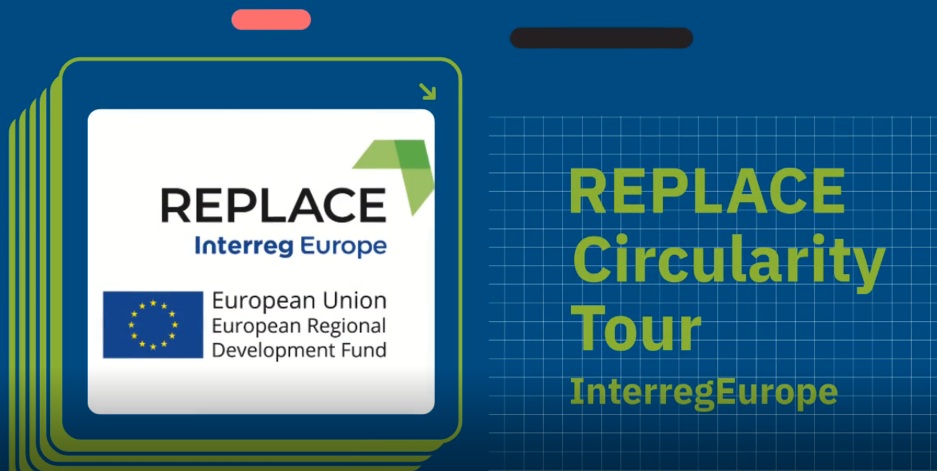
Circularity Tour
Circularity Tour Informative Video
€1,694,570.00
Environment and resource efficiency
Launched in 2015, the HCP sets the goals to reduce the city’s CO2 emission by 80% by 2050 and is the core political instrument for holistically steering subordinated regulations in all sectors: it influences finance instruments, transport and mobility planning, the port development plan, land use plans, public procurement procedures, waste management, all construction measures in design, building phase, technical specifications, energy consumption in construction and operation phases.
The Free and Hanseatic City of Hamburg is a so-called City State, that is, it is not only a city but – like Berlin as well – one of the sixteen German states (“Bundesland”) and – on the European level – a NUTS 1 and 2 region.
The Hamburg Climate Plan is thus a regional development policy.
Said climate plan is the most comprehensive document within Hamburg outlining the transition to sustainability.
The city has a long history in climate planning, reaching back until the 1990s.
The Hamburg Climate Plan of 2015 (and its update from 2019) is the first one integrating both mitigation and adaptation. Climate planning in Hamburg follows an adaptive management approach: Linear planning and forecasting methods asking questions under constant (environmental and societal) conditions seem highly inadequate vis-à-vis climate change.
Rather, climate planning in Hamburg follows the circular logic: develop, implement, monitor, adjust. Based on this methodological understanding of climate planning, the Climate Coordination Office at the Hamburg Ministry for the Environment recently presented an update to the Hamburg government in December, 2019

Circularity Tour Informative Video

Save the Date: REPLACE Final Event

DigiPrime Open Call B Info Day 21/12/2022
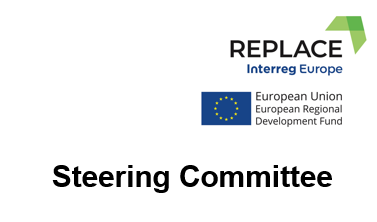
REPLACE web-meeting n 21 of 25/11/2022

What happened in Semester 6

Save the Date for REPLACE Official Side Event at the European Week of Regions and Cities 2022
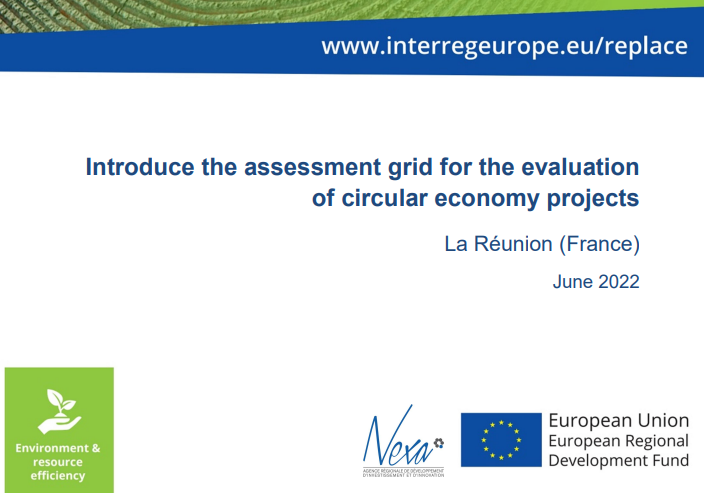
NEXA Action Plan to promote circular economy in La Réunion island is online!
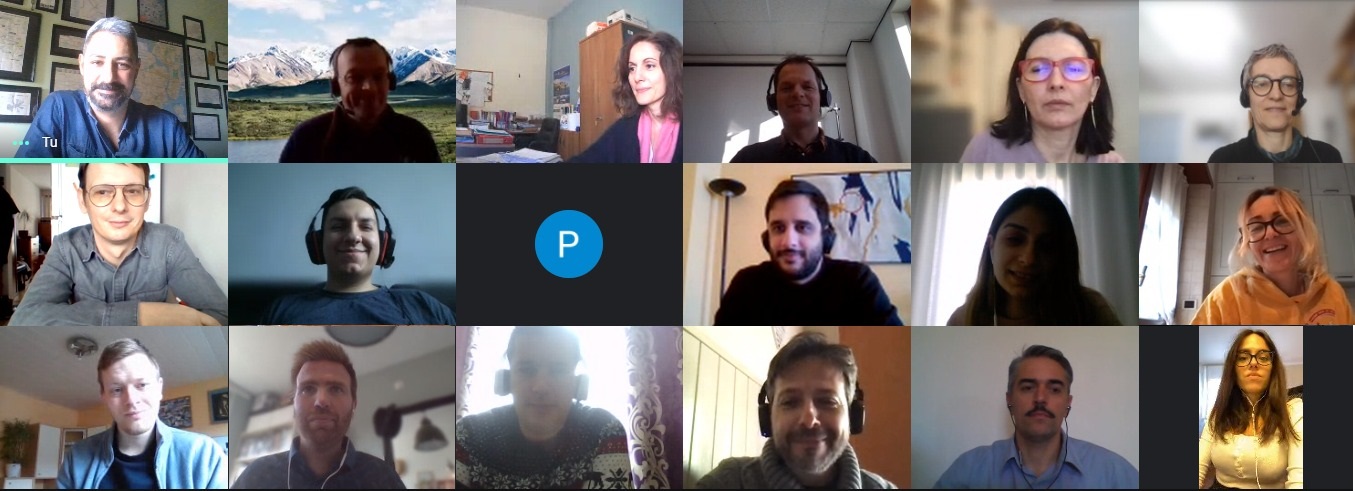
REPLACE 19th web meeting of 28/07/2022
Good Practices submitted by REPLACE after March 2022
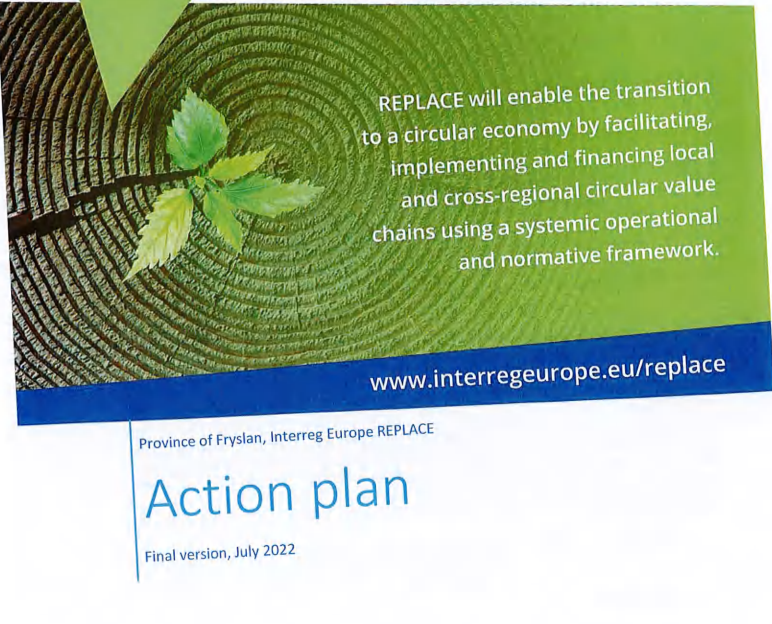
Action Plan Province of Fryslàn Published!